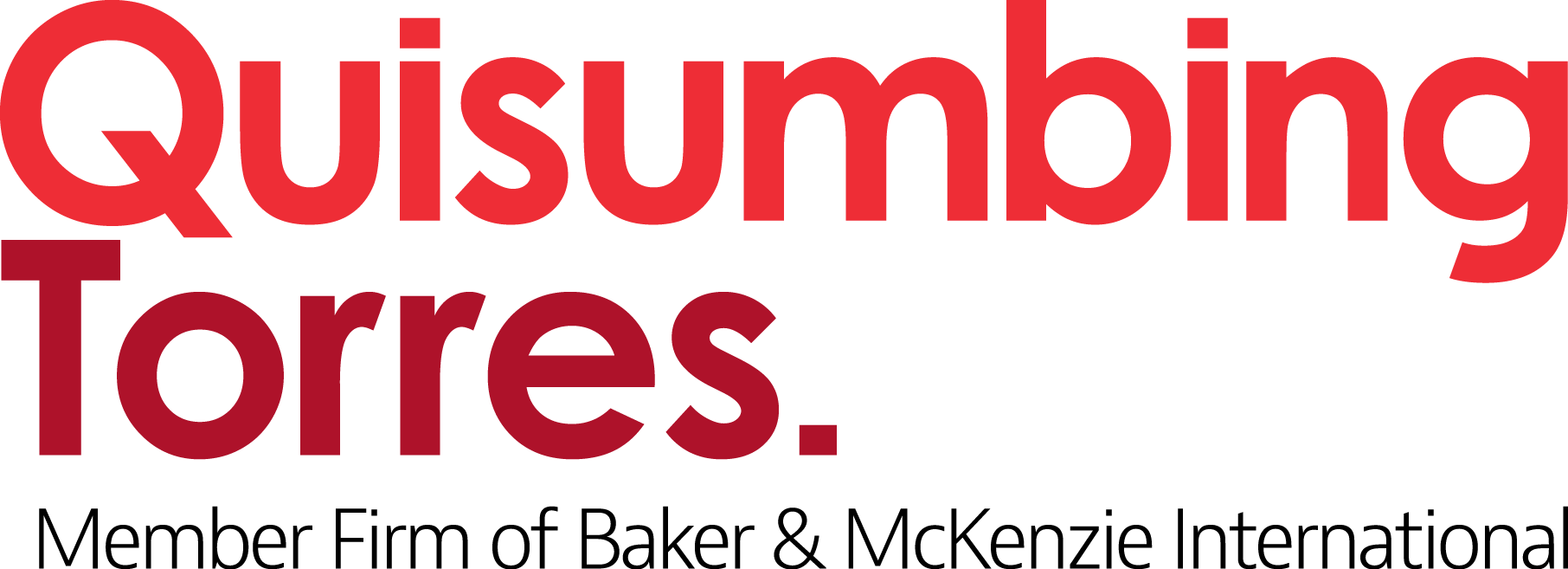The president signed into law the “Eddie Garcia Law,” which aims to protect the welfare of workers in the entertainment industry, including their intellectual property rights, and to promote fair wages, health and safety standards, mandatory benefits, and insurance, among others.
In brief
On 24 May 2024, Republic Act No. 11996, also known as the “Eddie Garcia Law,” was signed into law by the president of the Philippines. It took effect on 13 June 2024. The secretary of the Department of Labor and Employment (DOLE), in consultation with the Movie and Television Industry Tripartite Council, other concerned government agencies, non-government organizations, and other stakeholders, is mandated to formulate the implementing rules and regulations within 90 days from the law’s effectivity.
The law seeks to expand the protection of workers in the movie and television industry by introducing changes that ensure the safety and working conditions for industry workers, regulate working hours, mandate welfare benefits, provide insurance coverage, grant the right to collective bargaining, and compel employers to meet the minimum labor standards in the Philippines. Additionally, it recognizes the intellectual property rights of the workers in the entertainment industry.
This law was prompted by the untimely death of the Filipino veteran actor Eddie Garcia, who suffered a fatal accident while shooting a TV series due to inadequate safety measures on set. His death underscored the need for better safety protocols for workers in the entertainment industry to prevent a repeat of such incident.
In more detail
Duties and responsibilities of the employer or principal
“Worker” refers to an employee hired by the employer or an independent contractor engaged by the principal to render services for the movie and television industry. This broad definition ensures the comprehensive protection of all individuals involved in the production, regardless of their functions, roles, positions or status.
On the other hand, “employer” or “principal” refers to any person, natural or juridical, including contractor or subcontractor, who engages or hires the services of a worker in the movie and television industry. The Eddie Garcia Law imposes the following duties and responsibilities on employers and principals in the movie and television industry to ensure the protection and welfare of the workers:
- Comply with the laws, rules and regulations regarding occupational safety and health in every movie and program being produced
- Promote safety and provide safe working conditions
- Provide and maintain at all workplaces appropriate first aid and medical supplies and services
- Only engage workers who are appropriately trained to perform their jobs
- Ensure that all workers who may be affected by a potential hazard are made aware of the existence of the hazard to which they may be exposed in the course of production, as well as other safety and health concerns
- Ensure that all sets and locations have been properly assessed for any potential safety and health issues and that proper remedies and safeguards are implemented to deal with any of these issues
- Ensure that all environmental or structural hazards identified are adequately and properly addressed and corrected
- Ensure that the use of proper safeguards and means of personal protection includes a careful check of all new and relocated equipment before it is placed in operation
- Require that any necessary safety equipment and protective devices are being used or worn
- Provide safety information that shall include, but not be limited to, emergency numbers of nearest hospitals, fire stations and similar establishments; emergency personnel in the workplace; and location of safety, fire and first aid equipment
- Conduct a two- to five-minute meeting with all workers every start of the shooting day to define safety and health issues
Creation of the Movie and Television Industry Tripartite Council
The Eddie Garcia Law also mandates the creation of the Movie and Television Industry Tripartite Council (“Council“), which will be composed of representatives from the government, employers or principals, and workers in the movie and television industry.
It aims to foster ongoing dialogue and cooperation among the government, employers and workers. Thus, the Council serves as a continuing forum for tripartite advisement and consultation with the industry stakeholders on policies and programs that will be implemented pursuant to the provisions of the Labor Code.
Protection of intellectual property rights of the workers
Aside from the minimum standards that must be complied with by the employers/principals, the law also ensures the protection and security of the intellectual property rights of the workers, particularly their performances in movie and television productions. It provides that the rights of the workers over their intellectual property, which include all their performances, must at all times be protected and secured pursuant to the provisions of Republic Act No. 8293 or the “Intellectual Property Code of the Philippines,” as amended.
The law also permits workers to expressly agree to the transfer of their intellectual property rights to their employer or principal concerning the work product arising from their relationship and/or engagement. It ensures that any transfer of rights is consensual and clearly outlined within the contractual agreement.
Furthermore, unless otherwise specified in the contract, the law mandates that workers are entitled to additional remuneration for every subsequent use or broadcasting of their performance or intellectual property. This requirement is consistent with the Intellectual Property Code, which ensures performers receive additional remuneration for the repeated use of their performances. This additional compensation must be at least 5% of the original compensation received for the first broadcast, thereby providing ongoing financial benefits to the workers in the entertainment industry.
Key takeaways
Apart from aligning closely with the Intellectual Property Code, the new law expressly recognized that workers in the entertainment industry are entitled to protection. It provided clearer guidelines and stronger measures to ensure that the workers’ creative contributions are adequately safeguarded and fairly compensated.
Furthermore, the Eddie Garcia Law not only reinforces existing intellectual property rights but also introduces a comprehensive approach to addressing labor standards and worker safety in the entertainment industry in line with the Labor Code of the Philippines, Republic Act No. 11058 or the “Act Strengthening Compliance with Occupational Safety and Health Standards and Providing Penalties for Violations,” and other applicable laws. Accordingly, the Eddie Garcia Law requires a regular review of the working conditions in the industry to ensure that workers are provided opportunities for gainful employment or work engagements and decent income, and are protected from abuse, harassment, hazardous working conditions and economic exploitation.
Stakeholders, including employers and production companies, are strongly advised to familiarize themselves with the requirements and duties to ensure compliance. Failure to adhere to the provisions of the Eddie Garcia Law may result in fines of up to PHP 500,000. This is in addition to other penalties that may be imposed under existing laws such as the Intellectual Property Code and the Labor Code. Moreover, if the violation is committed by a corporation, trust or firm, partnership, association or any other entity, the fines will be imposed on the entity’s responsible officers, including, but not limited to, the executive producer, producer, production manager and business unit manager.
Quisumbing Torres is able to advise on the requirements under the Eddie Garcia Law and assist in assessing existing contracts and policies, with a view to ensuring compliance with the law.
* * * * *

Please contact QTInfoDesk@quisumbingtorres.com for inquiries.






